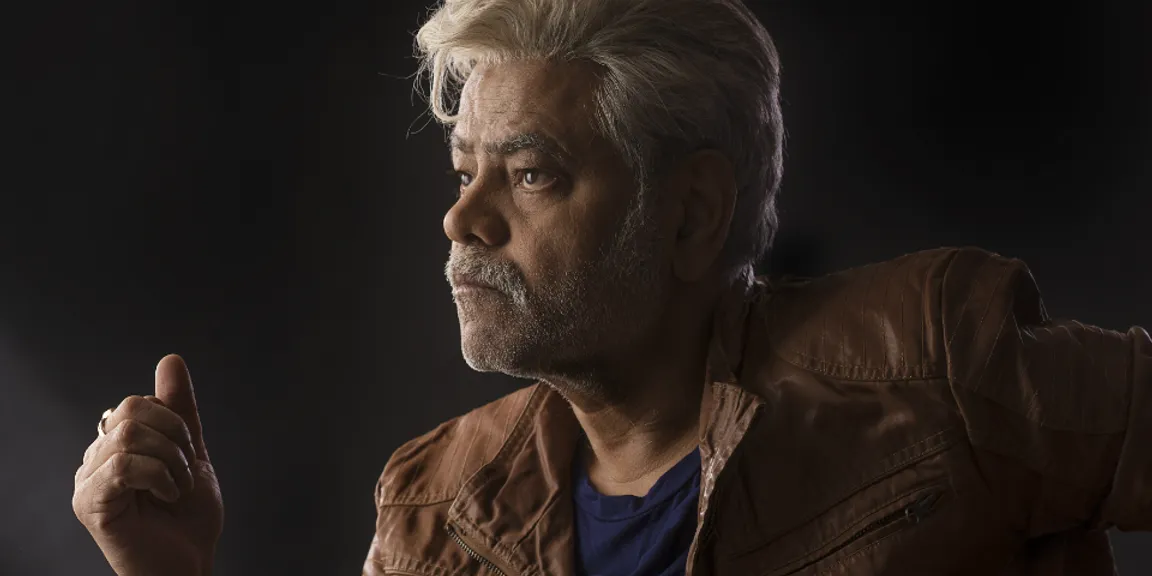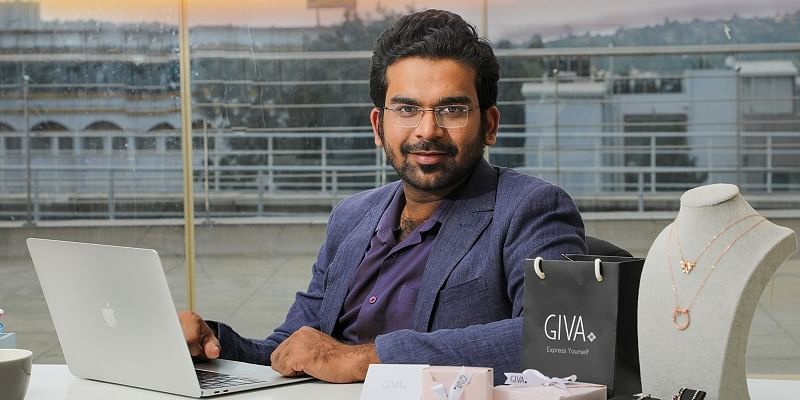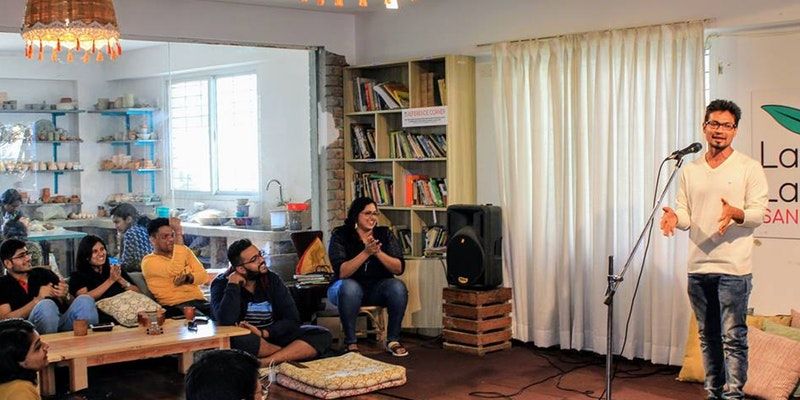I wanted to survive as an actor in Mumbai: Sanjay Mishra
Speaking to YS Weekender, actor Sanjay Mishra tells us about his early days in Mumbai, and also about his current projects
Be it the sarkari pencil-pusher in Office Office, or the wisecracker art teacher in Hip Hip Hurray or, more recently, the financially and socially troubled father of a girl caught up in a scandal in Masaan, actor-comedian Sanjay Mishra has been essaying nuanced roles in Indian cinema and television for the past 25 years.

Sanjay Mishra
Known for impeccable timing and delivery, Sanjay Mishra, 55, started his career in tinsel town with a role in television series Chanakya, in 1991. And, since then, the National School of Drama alumnus made us laugh, cry and connect with and root for every character he has portrayed.
Hailing from a middle-class family living in Darbhanga, Bihar, Sanjay has grown up surrounded by strong influences of art and literature. His mother, uncle and grandfather were all musicians. If acting had not worked out, music would have been Plan B.
In a conversation with YS Weekender, Sanjay looks back on his path from small-town Bihar to glamourous Bollywood.
Edited excerpts of the interview:
YS Weekender: Tell us about your early days in Mumbai and in Indian cinema?
Sanjay Mishra: When I came to Mumbai in 1991, you had to either be a comedian or a villain or a hero. People couldn’t place me in any of these categories. I tried my hand at everything from lighting to art direction to camerawork. I even earned some money through photography and then my batchmate from National School of Drama, Tigmanshu Dhulia, offered me a role in a television serial in 1991.

Sanjay is known for his impeccable timing and delivery
YSW: What are the challenges of coming to a new town and earning a living and a name?
SM: I lived on vada pav. If I missed home, I would go to Andheri station, where the Delhi-bound Rajdhani train would pass, and cry. But I still don’t call these as struggles or challenges, because acting is my job and my life. And it was these experiences that helped me in Ankhon Dekhi. When I came to Mumbai I didn’t want to just survive, I wanted to survive in cinema. I could have tried becoming an art director, cameraman, etc, but there was this instinct that I would become an actor.
YSW: What is the best part about being an actor? And how do you prepare for a role?
SM: The best part about acting is that I view the world with a 'third eye' as an actor, which is perfect observation, and it also helps me in my real life. I don't prepare for anything before. First, I go to the set and according to the preparation and set up, I shape my role and character. I love that adrenaline rush before the director shouts, ‘Action!’ That excitement in front of the screen is my favourite part of the day.
YSW: Can you tell us about your upcoming projects?
SM: Currently I'm working on Jadriya Jodi, a dramedy set in a small town about a middle-class family. I'm playing the role of the quintessential father to Parineeti Chopra’s character. He is a very simple middle-class man. The film is about the practice of groom kidnapping in Bihar. As it is my hometown I could very well relate to the role and give my own touch to it. The second project I'm working on is Kaamyaab, along with Dinesh Dobriyal and director Hardik Mehta, which is based on the life of an actor.
My upcoming projects are Death on Sunday which is a Sufi film #gadvi, based on split personality. I have read three scripts recently, and the directors for these projects are all looking to release them on web platforms [OTT platforms]. Gone are the days when producers had to plead with theatre owners for good slots. Today, if three films release in the theatre, four or five films release on Netflix and Amazon Prime.






